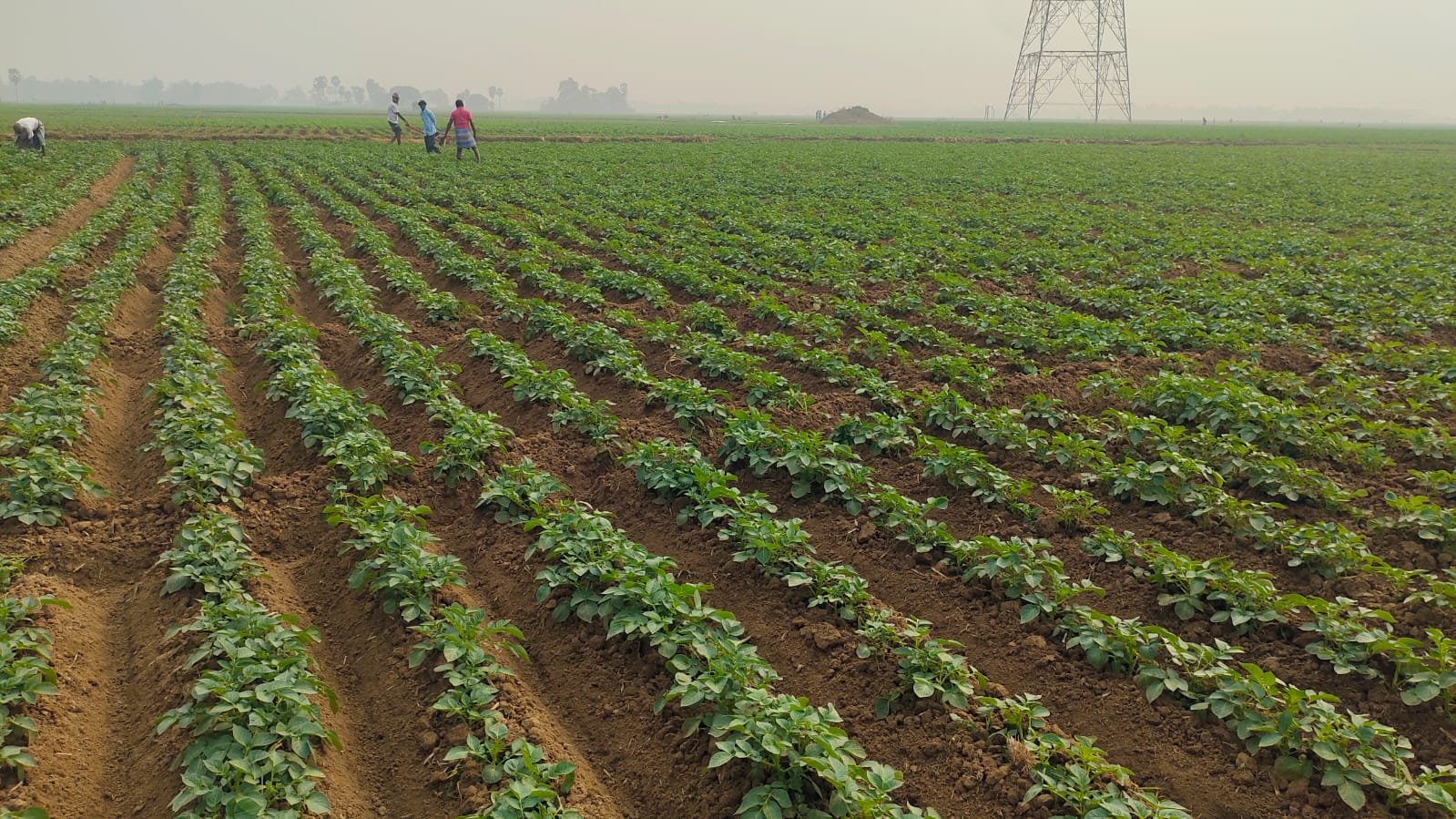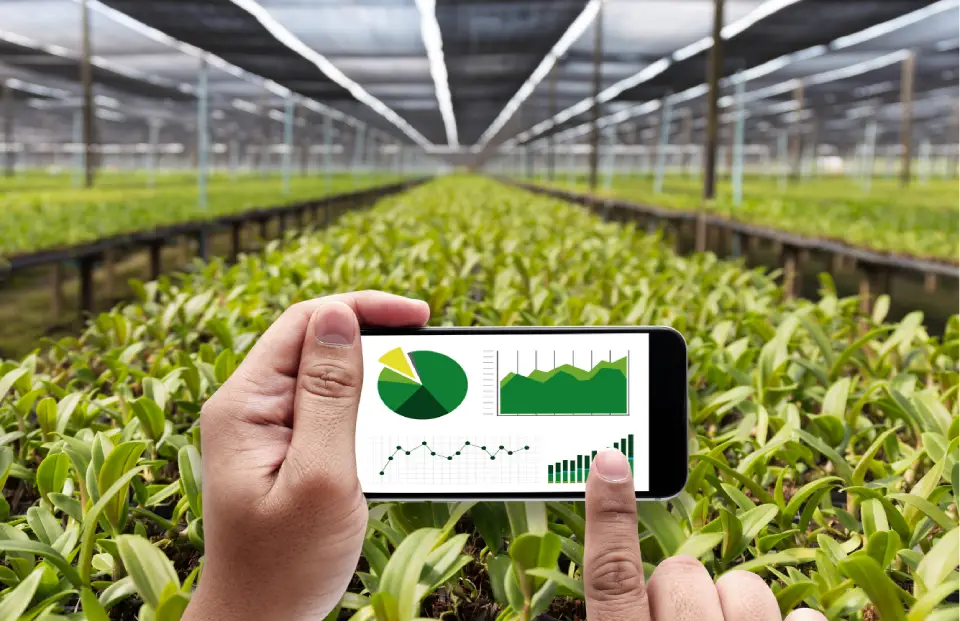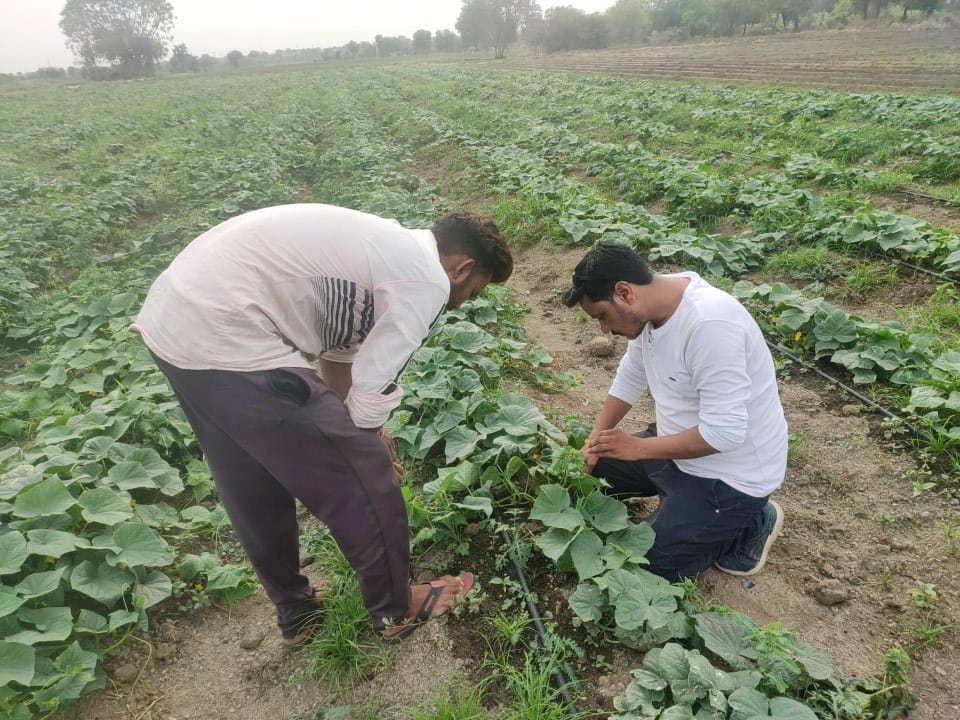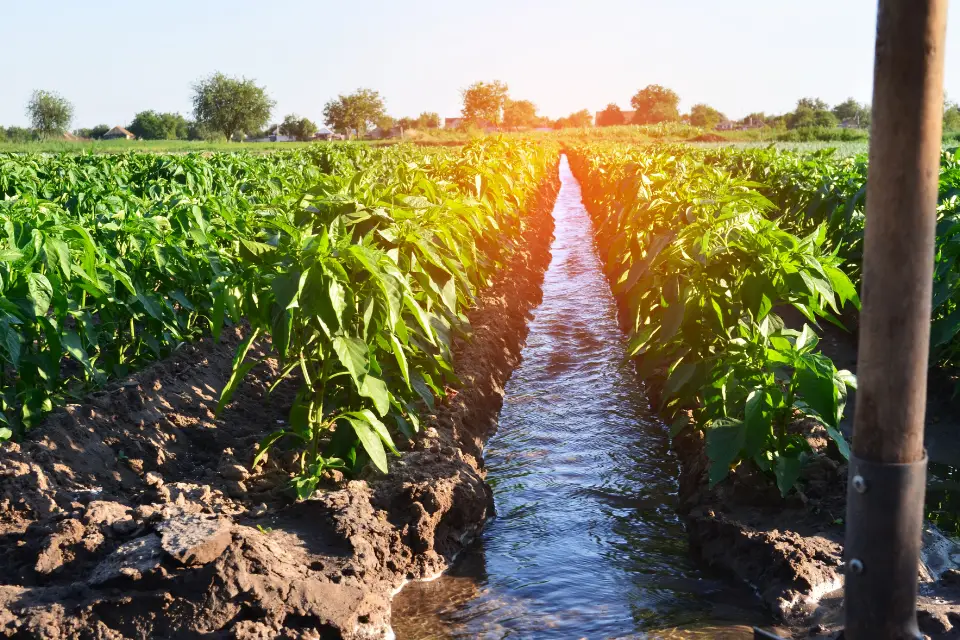Different Farming Systems
Intensive and extensive farming
Intensive farming focuses on maximizing output from small areas using advanced techniques, while extensive farming utilizes large land areas with minimal input, relying on natural resources for sustainability.
Conventional farming
Conventional farming follows traditional agricultural methods, using chemical fertilizers, pesticides, and mechanized tools to enhance productivity and meet large-scale food demands efficiently.








